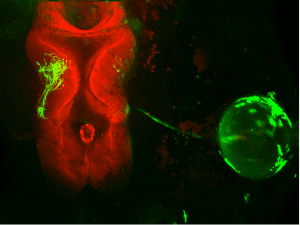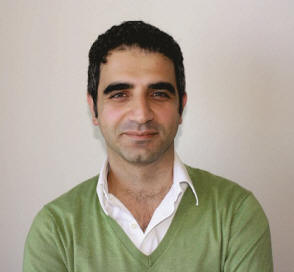 Read a new article by Université Laval news on a discovery by Martin Lévesque’s team
Read a new article by Université Laval news on a discovery by Martin Lévesque’s team
Cellular cogs of hyperactivity uncovered – Study clarifies the role of dopaminergic neurons in hyperactivity and suggests a mechanism of action for Ritalin
The cellular mechanism uncovered by the researchers could explain the mode of action of Ritalin in humans. The drug is believed to block the reuptake of dopamine by neurons, thereby prolonging the effects of this neurotransmitter.
Although about one in 10 people will suffer from attention deficit hyperactivity disorder (ADHD) in their lifetime, the cellular causes of this health problem are still very poorly understood. A study published in Cell Reports by a team from Laval University’s CERVO Research Centre now sheds some light on the subject. The researchers were able to determine which type of neurons are involved in the development of hyperactivity in mice and the cellular mechanisms involved. This breakthrough suggests a plausible mode of action for Ritalin, a drug widely prescribed for ADHD, but whose mechanism of action is unknown. Continue reading →
 New study published in Nature by Claire Gizowski and Charles Bourque is first to establish physiological signals influence circadian rhythms
New study published in Nature by Claire Gizowski and Charles Bourque is first to establish physiological signals influence circadian rhythms








 Read a new article by Université Laval news on a discovery by Martin Lévesque’s team
Read a new article by Université Laval news on a discovery by Martin Lévesque’s team